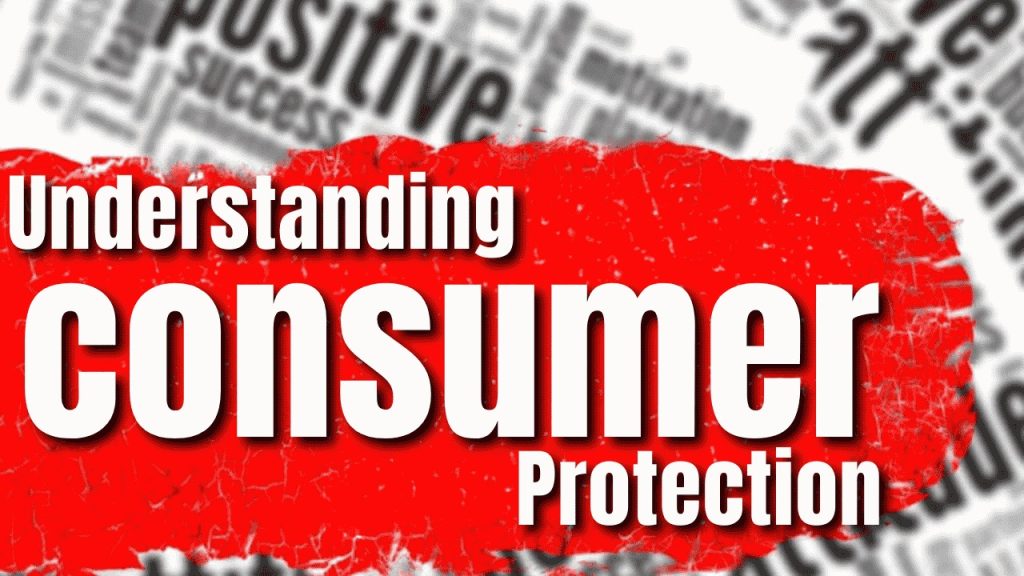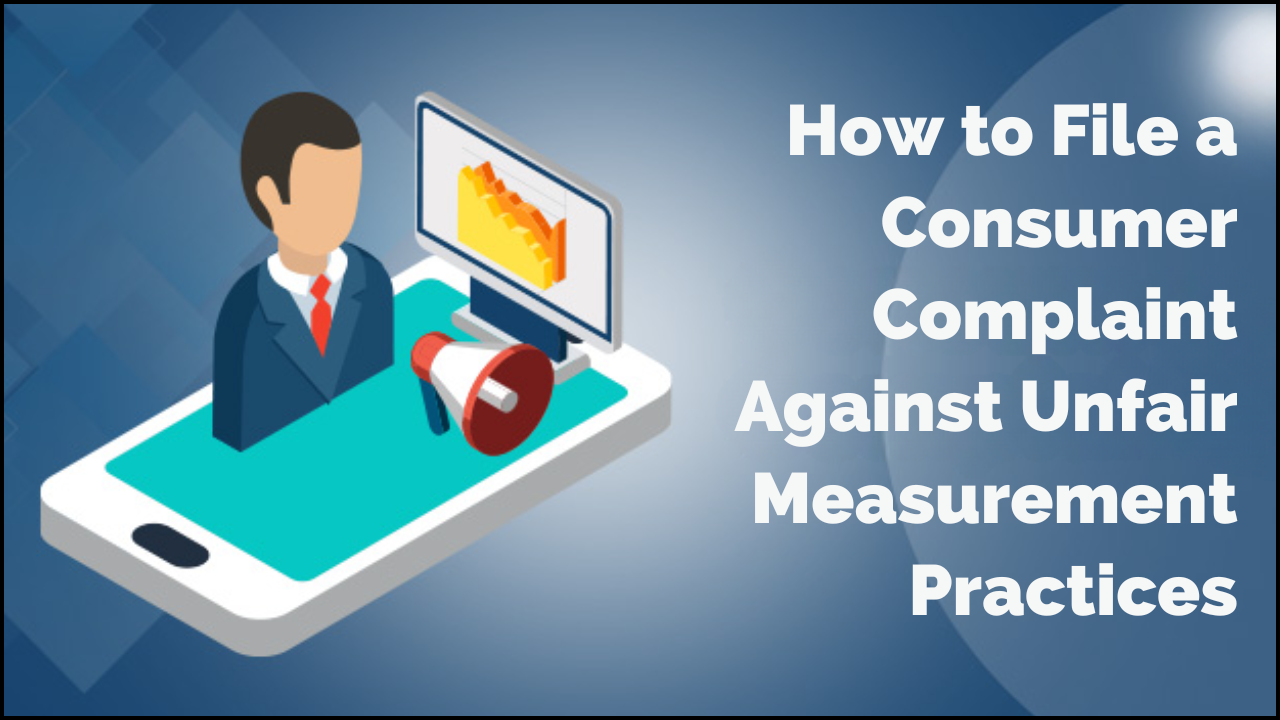
Consumer rights play a key role in maintaining fairness and transparency in the marketplace. These rights serve as a protective shield for buyers, ensuring they receive high-quality goods and services while being safeguarded from fraudulent and unethical business practices. When consumers are aware of their rights, they can make well-informed purchasing decisions and take appropriate action if they face any issues.
What Are Consumer Rights?
Consumer rights are legal protections that help individuals avoid falling victim to misleading advertisements, defective products, and unfair business practices. These rights aim to create an environment where buyers can shop with confidence, knowing they will receive what they pay for.
Though specific consumer rights may differ from one country to another, their fundamental principles remain consistent worldwide. They empower individuals to demand accountability, product safety, and quality assurance from businesses.
Why Are Consumer Rights Important?
Consumer rights are crucial for several reasons:
- Protection from Fraud: They help prevent companies from using deceptive advertising or selling faulty products.
- Quality Standards: These rights ensure that products and services meet established safety and quality guidelines.
- Safety Assurance: They regulate the sale of goods, ensuring they do not pose risks to consumers’ health or well-being.
- Legal Assistance: If a consumer’s rights are violated, they can take legal action against the responsible business.
- Fair Competition: Ethical business practices are encouraged, which leads to better products and services in the market.
The Eight Essential Consumer Rights
Across the world, consumer rights are widely recognized. The following eight rights form the foundation of consumer protection laws:
1. Right to Safety
Consumers should be protected from goods and services that may cause harm to their health. Governments establish safety regulations to ensure products on the market do not pose risks to users.
2. Right to Information
Buyers have the right to accurate and honest details about the products and services they purchase. False claims and misleading advertisements can result in financial loss and erode consumer trust.
3. Right to Choose
Consumers should have access to a variety of goods and services at competitive prices. Business monopolies or unfair trade practices limit consumer choice and must be regulated.
4. Right to Be Heard
If buyers are dissatisfied with a product or service, they have the right to express their concerns. Companies should have clear complaint resolution systems in place to address customer grievances effectively.
5. Right to Seek Redress
Consumers are entitled to compensation, refunds, or replacements when they receive defective products or unsatisfactory services.
6. Right to Consumer Education
To make informed choices, individuals should be educated about their rights and responsibilities as consumers. Awareness prevents them from being misled or exploited.
7. Right to a Healthy Environment
A clean and safe environment is essential for consumer well-being. Companies should ensure that their business operations do not harm nature or public health.
8. Right to Basic Needs
Consumers must have access to essential goods and services, such as food, water, shelter, and healthcare.
How to Exercise Consumer Rights
Understanding consumer rights is only the first step. To fully benefit from these rights, individuals should:
- Examine Product Labels: Always check product details, expiration dates, and safety instructions before purchasing.
- Request Receipts and Bills: Keeping proof of purchase helps in case a complaint needs to be filed.
- Report Unethical Practices: If you come across false advertising or fraud, notify the appropriate consumer protection authorities.
- Utilize Consumer Forums: Many countries have organizations dedicated to resolving consumer disputes.
- Understand Warranties and Guarantees: Read the terms and conditions carefully before purchasing a product.
Consumer Rights and Responsibilities
While consumers are entitled to various rights, they also have responsibilities. A fair marketplace functions effectively only when buyers act responsibly.
| Consumer Rights | Consumer Responsibilities |
|---|---|
| Right to Safety | Use products as per guidelines |
| Right to Information | Read instructions and details carefully |
| Right to Choose | Compare different options before purchasing |
| Right to Be Heard | Provide genuine feedback to businesses |
| Right to Seek Redress | Report defective or unsatisfactory products promptly |
| Right to Consumer Education | Stay informed about consumer rights and laws |
| Right to a Healthy Environment | Dispose of waste properly and avoid pollution |
| Right to Basic Needs | Avoid unnecessary consumption and wastage |
Consumer Protection Laws
Governments around the world have enacted laws to safeguard consumer rights. Some of the most well-known consumer protection acts include:
- The Consumer Protection Act (India, 2019): Aims to prevent unfair trade practices and ensure consumer rights are protected.
- The Consumer Rights Act (UK, 2015): Defines buyer protections, refund policies, and dispute resolution guidelines.
- The Fair Credit Billing Act (USA): Shields consumers from unfair credit billing and unauthorized transactions.
- The EU Consumer Rights Directive: Strengthens consumer protection measures across European nations.
Steps to Take If Your Consumer Rights Are Violated
If a consumer experiences unfair treatment, they should follow these steps:
- Contact the Seller: First, discuss the issue directly with the retailer or service provider.
- File a Complaint: If the issue remains unresolved, complain with the relevant consumer protection agency.
- Use Online Consumer Forums: Many platforms help consumers seek justice through online dispute resolution.
- Seek Legal Action: If necessary, approach a consumer court or legal expert to resolve the matter.
The Future of Consumer Rights
Consumer rights ensure ethical business practices and protect individuals from exploitation. Staying informed about these rights allows buyers to make confident and fair purchasing decisions.
While governments and consumer protection organizations play a role in enforcement, consumers must also remain alert and responsible. By exercising their rights and reporting unfair practices, individuals contribute to a safe, fair, and sustainable marketplace.













